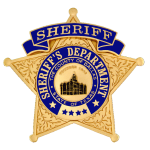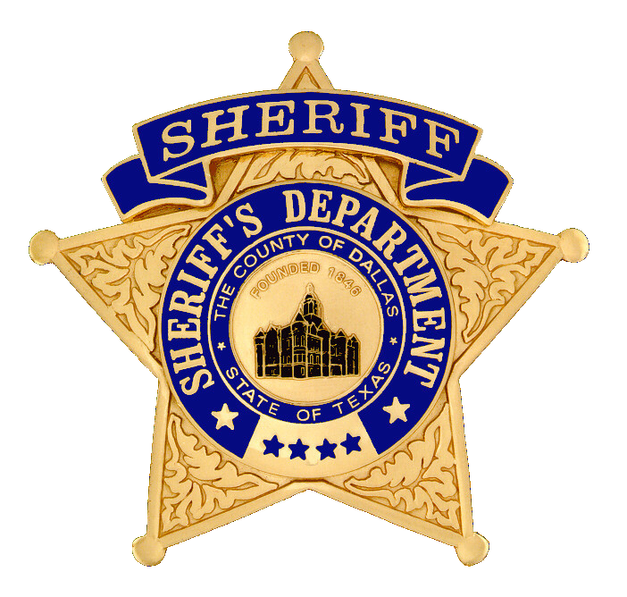Inmates may receive mail. Proper addressing of incoming mail is very important. Mail should be addressed as follows:
| Inmate’s name and book-in number: | John Doe #05123456 |
| Inmate’s location: | Tank #11 S 14 P.O. Box # 660334 Dallas, Texas 75266-0334 |
Inmates in the Dallas County jail can maintain an inmate trust fund account and can access the funds through a bar code on their armbands. All cash funds in the inmate’s possession during the booking process are deposited into their accounts.
No Personal or Payroll Checks, Money Orders, Tax Refunds, Stimulus Checks, Insurance Checks, Child Support Checks, or Social Security Checks are accepted at the Dallas County Jail (effective February 14, 2022).
If you wish to deposit to an inmate’s trust fund account, you will need the inmate’s name and booking number. Use one of the available options:
In-person: Cash can be deposited at a kiosk machine at each jail.
Walk-in locations: www.CashPayToday.com flat fee of $5.00
By internet: www.accesscorrections.com as low as $2.95
By phone: 1-866-345-1884 for as low as $3.95
For information on adding money to an inmate’s account, navigate to the Inmate Money page.
Sender should include their full name and return address in case the inmate has been released. Mail is not forwarded to the inmate once he/she has been released. Mail for released inmates is returned to sender or sent to the dead letter department at the U.S. Post Office. Legal mail will be opened in the inmate’s presence.
- All books will be purchased by the inmate electronically to the inmate’s tablet. No physical books will be accepted.
- No hardback books allowed.
Items prohibited from being received through the mail are, but are not limited to, the following:
- Any items not lawfully obtained or possessed under terms outlined in the Texas Penal Code are considered illegal material.
- Letters that are written or printed on two sides, only one-sided letters will be scanned. All two-sided letters will be returned to the sender.
- Glue, paperclips, clasps, staples, magnets, stickers, tape, plastic, wood, cloth, glass, ribbon, liquids, metal, electronic devices, or any like material.
- Writing materials such as stamps, blank paper, envelopes, pens, pencils, or stationary.
- Unsigned greeting cards.
- Greeting cards larger than 8”x10”.
- Greeting cards that contain padding, musical devices, metal clasps, plastic, string, ribbon, confetti, glitter, or laminated items.
- Photographs larger than 8”x10”.
- Polaroid photographs.
- Photos depicting obscenity, violence, pornography, or of a sexually enticing nature.
- Profanity (on the envelope).
- Tobacco or tobacco products.
- Bus passes, bookmarks, or calling cards.
- Perishable items.
- Clothing.
- Stains or unidentifiable marks.
- Writing/drawing in crayons, markers, or colored pencils.
- The mail was identified as legal mail but contained non-legal material.
- Books that were not shipped from the publisher or the bookstore.
- Any items that, by design, restrict the ability to perform an effective search.
- Any items that have no value or are useless to the inmate while incarcerated in this facility.
- Jewelry.
- Any items with a glued surface or backing.
- Any items that are not readily determined as to their nature or description.
Items of inflammatory nature are described as follows:
- Contain information regarding or the depiction of the manufacture or likeness of explosives, weapons, or drugs.
- Contains material that a reasonable person could construe as written solely for the purpose of communicating information designed to achieve the breakdown of prisoners through inmate disruption such as strikes, riots, or escapes.
- If the material leads to a specific factual determination that the material is detrimental to a prisoner’s rehabilitation because it encourages deviant sexual behavior.

